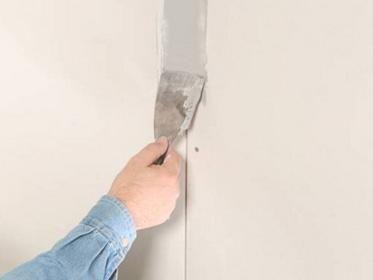Tile Epoxy Grout Price Range: What to Expect for Different Applications

Durability, stain resistance, and withstanding harsh conditions are some of the characteristics that have led to epoxy grout being applied in residential and commercial tiling projects. However, its price can vary so much in the application, quantity required, and quality of the product. This guide would provide a view into the range of prices of epoxy grout for different applications and give you some insights that would make informed decisions.
What is Epoxy Grout?
Epoxy grout is one type of high-performance grout, which is a mix of epoxy resins and hardeners. Some of the primary differences that epoxy grout has with the standard cement grout are its resistance properties against water, chemicals, and stains. Thus, epoxy grouts can be used significantly in areas of high moisture or in zones of heavy use.
Factors Affecting Price of Tile Epoxy Grout
Type of Epoxy Grout
Pure Epoxy Grout
Modified Epoxy Grout
Area of Application
Indoor/Outdoor
Grouting Zone: Traffic Centers
Quality Brands
Local Versus Brand Products
Quantity Instead
Bulk price Vs Packaging Size
Other Additives
Antibacterial, UV-Stable, Etc.
Advantages and Disadvantages of Epoxy Grout
Benefits
Waterproof and Stain-Resistant: Epoxy grout makes it perfectly suitable for areas that are more prone to moisture.
Long Lasting: Compared to traditional grout, epoxy grout lasts longer. By the end of the day, it cuts down repairing and replacing costs.
Low Maintenance: It is easier to clean and maintain. Such maintenance is less likely, thus saving money spent over time.
Disadvantages
Higher Initial Cost: Compared to cement-based grout, epoxy grout is pricier.
Complex Application: The application process is more labor-intensive and requires precision and, therefore can add installation cost.
Limited Work Time: Epoxy grout sets very fast, and, therefore, the installer has to be a very experienced one to achieve high quality.
Frequently Asked Questions Regarding Tile Epoxy Grout Price
1. Why does epoxy grout cost more than cement grout?
Epoxy grout is manufactured with special materials-epoxy resins and hardeners-that have greater strength, durability, and resistance to stain and water. These factors make it more expensive to manufacture, thus relatively more expensive than cement grout.
2. Do I need to apply epoxy grout myself if I want to save on the cost?
While it is possible for anyone to apply epoxy grout, the better alternative is engaging a professional since it takes less time and has a complex application process. Incorrect application can be very costly and expensive.
3. How long does epoxy grout last compared to other types of grout?
Epoxy grout can last much longer than cement-based grout, 10-20 years or more depending on the applied area and maintenance.
4. Does epoxy grout cost to maintain?
Epoxy grout is a low-maintenance product; however you would occasionally need to use special cleaning products available for epoxy if one wants the epoxy grout to retain its look and durability.
5. Does the color of epoxy grouts come with a price?
Yes, depending on whether one is ordering a standard or a customized color or a specialty finish like glitter or metallic, this might cost more. Standard colors, on the other hand, will be less expensive.
Conclusion
Tile epoxy grout price range is, no doubt, one of the best investment options for people looking for long-lasting, strong, and waterproof solutions in residential or commercial settings. While the initial cost is higher compared to cement grout, the long-term durability and low maintenance work make such an investment worthwhile in the long run. Their prices vary according to the application, and they tend to be less expensive when used in residential settings compared to industrial or specialty applications. Epoxy grout selection will depend on the particular needs of the project, which directly correlates with what your overall cost will be.
Post Your Ad Here
Comments